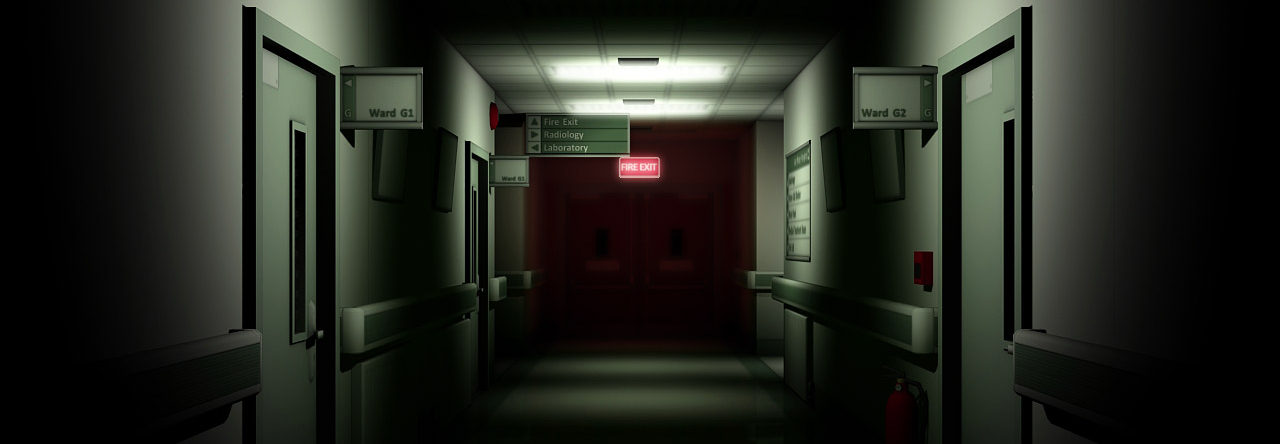
I worked on a medical floor as a nurse, which can be cool, or it can be a shit show. Many times, on nights, this little hospital in Wyoming had quite the shit show of a medical floor. First off, this was before the hospitalist and back when your local doctor admitted you. While some were part of a physician’s group that covered call, oftentimes, you called the doctor at home in the middle of the night to get an order or to report changes in the patient.
Everyone here knows what it is like to wake from a dead sleep and have to think about what you want to do with a patient and then communicate it to the nurse at the hospital. If the nurse was not prepared with current assessment data and able to answer questions, many times they were yelled at or otherwise treated like shit
Started the night picked up five patients. It was not uncommon to have these many patients, and they all could be acute or a breeze. On this night, I looked at my assignment and went, “holy hell, who did I piss off?” I had three post-ops and two medicine patients that were sick (sick, meaning a lot of shit going on with them). Well, no sense bitching about it I took off on the nighttime assessments before the patients were going to go to sleep for the night (hopefully) and get their meds passed.
I walked in Mrs. Gray’s room (not her name, but the color of the skin), and I was like, something is not right. Of course, it was the gray color…duh. I took a look at the vitals. She was holding her oxygen sats ok, although low 90% range (a good Sat is usually over 94%). Her rate was a little up, and she had the funkiest sounding lungs I have heard but nothing diagnostically that said…something is wrong. But, my gut said, “something is wrong, she is going to decompensate and end up in the ICU.
I did not call the doctor immediately since I finished my rounds, and with my assessment, the patient was mostly stable, and I knew the doctor would probably be a horses ass to me if I called him like that with no real “oh shit” info.
At the end of rounds, I walked back in the room, and my gut started screaming about this patient again, “somethings wrong, somethings wrong.” Ok, fine, gut, I will call. So I did.
“Hey doctor Smith, I have Mrs. Gray, who I picked up at 1900. These are her current vitals. Her skin is super ashen. While she seems stable, and I hate to put it this way, my gut says she is decompensating.”
A long silence, and I am like, “fuck here comes the rant.”
“Get her an EKG and get her ready to transfer to ICU. I will call orders.”
I was very much in a “wait, what?” kind of thought as I hung up, but alas, I called for the EKG machine. We, lowly medical floor nurses, were allowed to use that machine. Our ICU had it, and we had to wait. When they arrived, they ran a strip and guess what? A 1st-degree block that was new and she was having a ton of PVCs (premature ventricular contractions). As I was thinking, wow, my gut was right, and I think I even said it aloud because I heard Dr. Smith’s voice say, yes, it was. He told me that he usually he would have had me monitor longer, but my admission that my gut said it wasn’t right made all the difference to him. Thank goodness. Mrs. Gray ended up coding on them in ICU and ended up at UUMC in Salt Lake by the next morning.
The point? Well, a new study released this week said that a nurse’s gut instinct is correct about 63% of the time. With more experience, it increases upwards of 70%.
The New York Times has an article here regarding the Rothman scale, which is used by EMR’s to rate the chances of a patient deteriorating. It is based on the nurses’ feelings on the patient and the ability to trust your gut. Bottom line, trust your gut.
Remember to be the kind of person your mother and your dog think you are.

